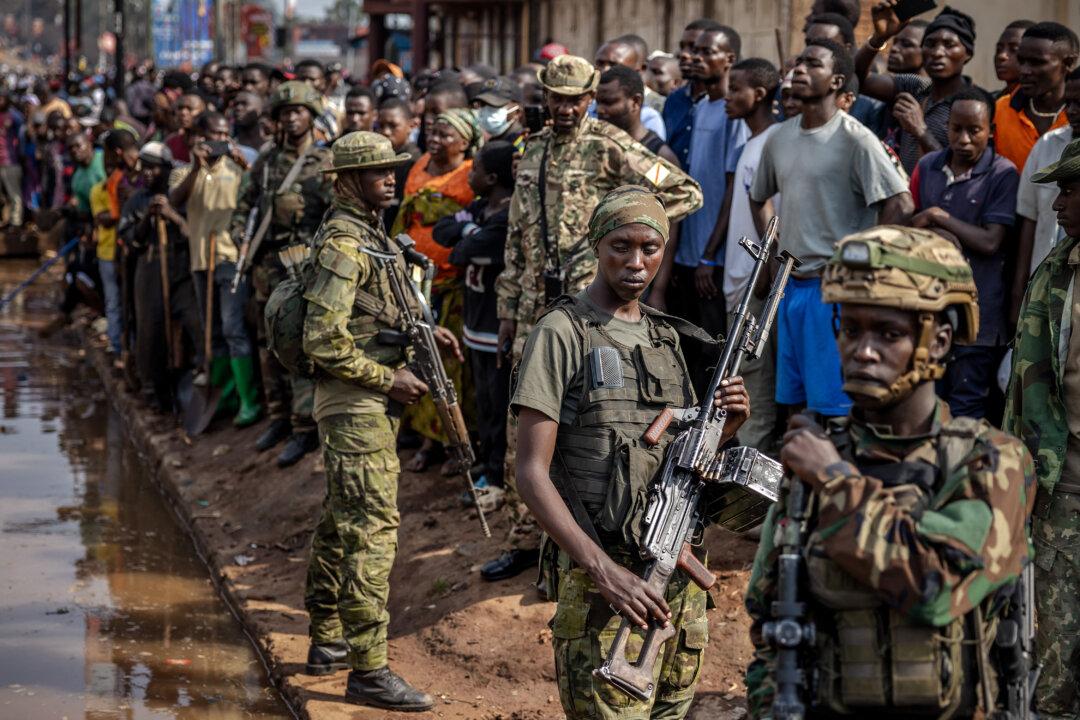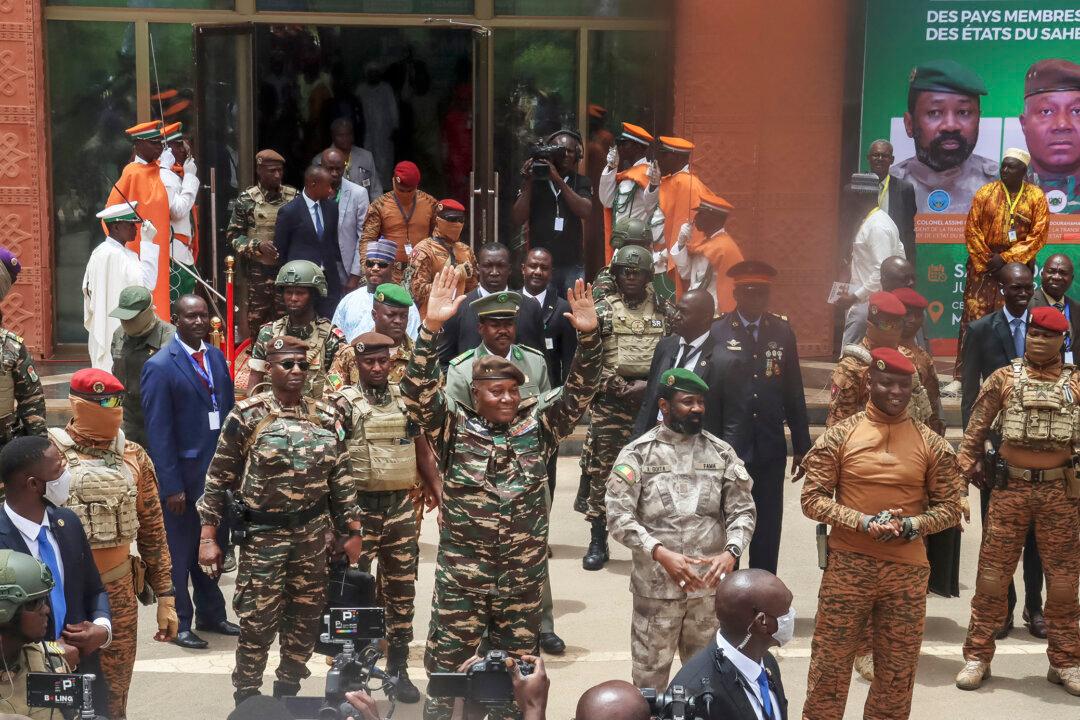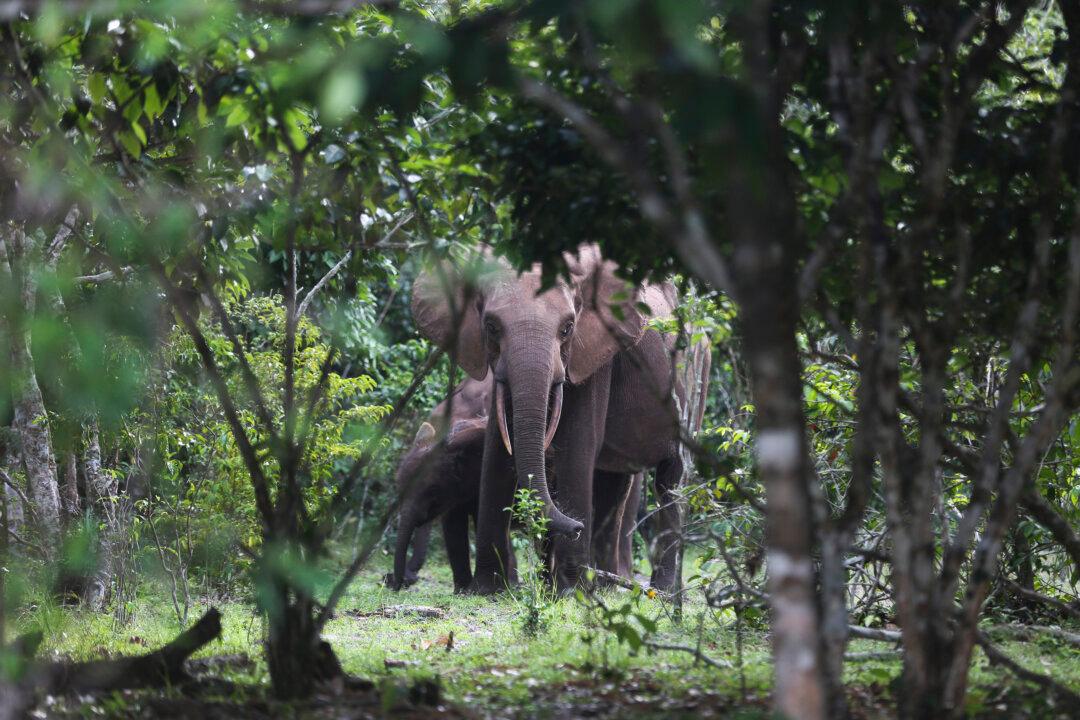On July 26, Niger was engulfed in political chaos when President Mohamed Bazoum was ousted in a coup by the presidential guard—a group that’s supposed to protect his office and guard the country from coups such as the one it executed.
Announcing in a Nigerien state television, the soldiers said the takeover was because of “the continuing deterioration of the security situation, and poor economic and social governance,” and that “the defense and security forces are managing the situation. All external partners are asked not to interfere.”



